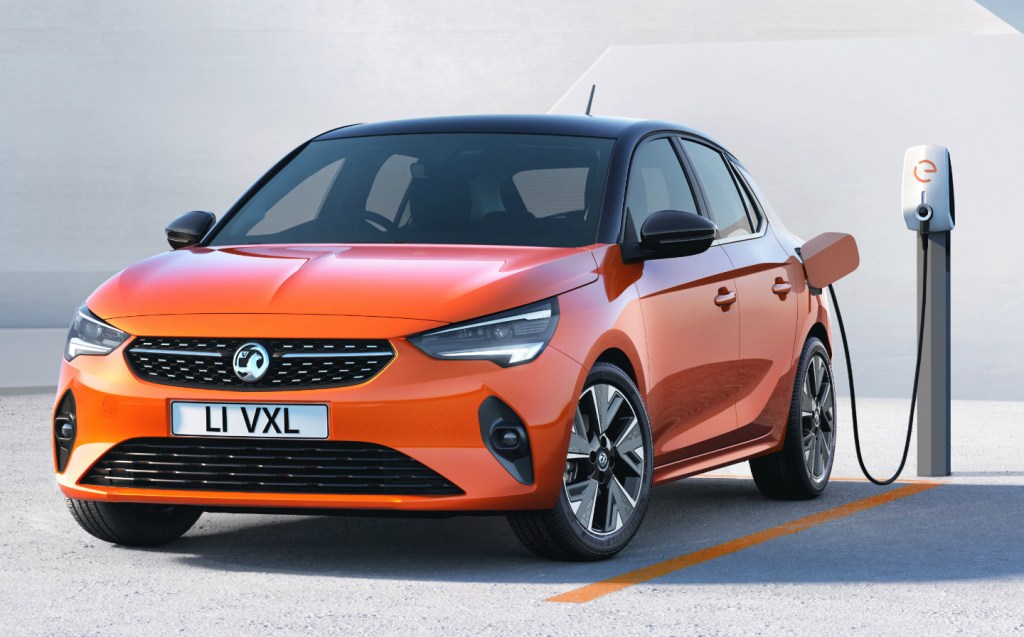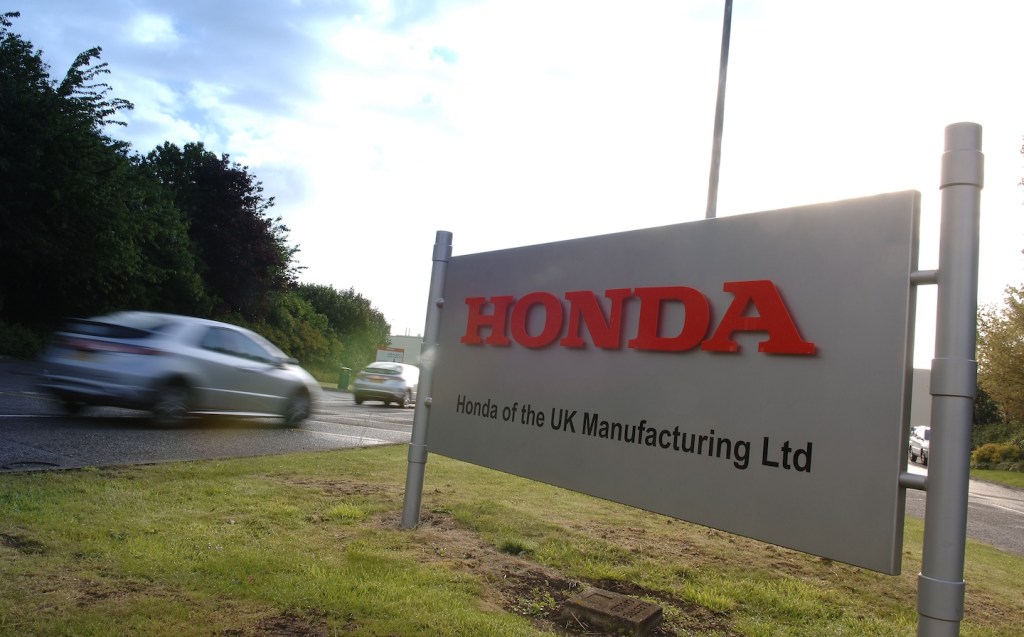Lack of EV battery factories in UK may lead to closure of Vauxhall plants — and others
Vauxhall plants were previously thought secure
Stellantis, the French company behind Vauxhall, has warned it may have to close UK factories due to a lack of electric vehicle (EV) battery factories in the UK.
The huge conglomerate, which also owns Peugeot, Fiat, Jeep, Alfa Romeo, DS Automobiles and Citroën, had promised to continue making vehicles in the UK, but it has advised that the lack of UK-based suppliers, combined with upcoming post-Brexit rules on import and export tax, may cause a rethink.
The company told the BBC it could face tariffs of 10 per cent on exports to the EU if the government does not renegotiate the Brexit deal.

The current rules state that next year, 55 per cent of the value of an electric car will have to originate in the UK or the EU to qualify for trade without tariffs. In 2027, that figure will rise to 65 per cent. However, without battery factories in the UK, and as a result of recent energy price hikes, Stellantis has warned that it will be “unable to meet these rules of origin.”
In written evidence submitted to the BEIS Committee inquiry into electric vehicle battery supply, Stellantis said: “If we source batteries from mainland Europe and China, as currently planned, our UK Stellantis plants will be at a competitive disadvantage due to the higher logistics costs… This is a threat to the sustainability of our UK manufacturing operations.”
The company also warned that other manufacturers may reach a similar conclusion, pointing out BMW’s decision to make the new convertible electric Mini in Germany and Honda’s decision to invest in the USA after closing its factory in Swindon.

Stellantis told the government it would have to “consider its trading arrangements with Europe” to “reinforce the sustainability” of manufacturing facilities in the UK. It also spoke of “significant job losses, the loss of a skilled workforce and a negative impact to the UK economy.”
A new electric vehicle battery plant in Blyth, Northumberland had offered the UK government and motor industry hope, but that scheme was left in tatters after Britishvolt, the company behind the scheme, went into administration in January. It was saved from receivership, but it is not expected that the factory will now produce car batteries.
Nonetheless, an American battery manufacturer has revealed it is looking at seven potential battery production facilities in the UK, according to the Daily Express, while reports have linked companies including Tesla and Jaguar Land Rover with a so-called battery “gigafactory” in Somerset.

At present, however, Stellantis says the UK “currently does not have a sufficient supply of critical materials to support vehicle battery production.”
The company has also laid some of the blame on Europe, where it says capacity is “not yet sufficient to comply with the rules of origin tightening in 2024, hence the over-reliance currently on China.”
However, the company says it has “invested heavily in Europe with a battery joint venture with ACC” and says it has “three gigafactories under construction in France, Germany and Italy.”
A government spokesperson told the BBC ministers would take “decisive action to ensure future investment in zero-emission vehicle manufacturing” in the UK, and the news organisation understands other car manufacturers have expressed similar concerns.

Andy Palmer, the former boss of Aston Martin, said the UK was “running out of time” to create its own battery manufacturing industry, telling Radio 4’s Today programme: “It’s basically impossible to meet those local content rules unless you’re sourcing your battery from a plant in the UK or in the EU.”
Labour’s shadow business secretary, Jonathan Reynolds, told the BBC that car makers had been let down by “a government in chaos” and “the jewel in the crown of British manufacturing is at risk without urgent action from the government”.
Related articles
- After reading about the potential for car factories in the UK to close, you might be interested to read about the saving of the Britishvolt battery factory
- You may also like to check out all the car makers’ electric vehicle plans
- Wondering what are the best EVs right now? Check out our electric car reviews here
Latest articles
- Bedeo Defender 110 2024 review: Does electric Landie with in-wheel motors make for a perfect off-roader?
- F1 2024 calendar and race reports: What time the next grand prix starts and what happened in the previous rounds
- BYD Seal U 2024 review: Chinese brand adds plug-in hybrid SUV to its electrified line-up
- New Mini John Cooper Works revs up for Nürburgring 24-hour race debut
- Ineos Grenadier Quartermaster 2024 review: British pick-up is a tough mudder but too flawed to be a real workhorse
- Mini Cooper SE 2024 review: All-new electric hatchback is playing to the crowd
- Jeep Wrangler 2024 review: Impressive off road but you’d still have to be a committed contrarian to buy one
- Around 500 Ford workers in UK could go on strike over cost-of-living pay dispute
- Durham solar car team to take part in 24-hour race with smart tyres and night-driving solution














